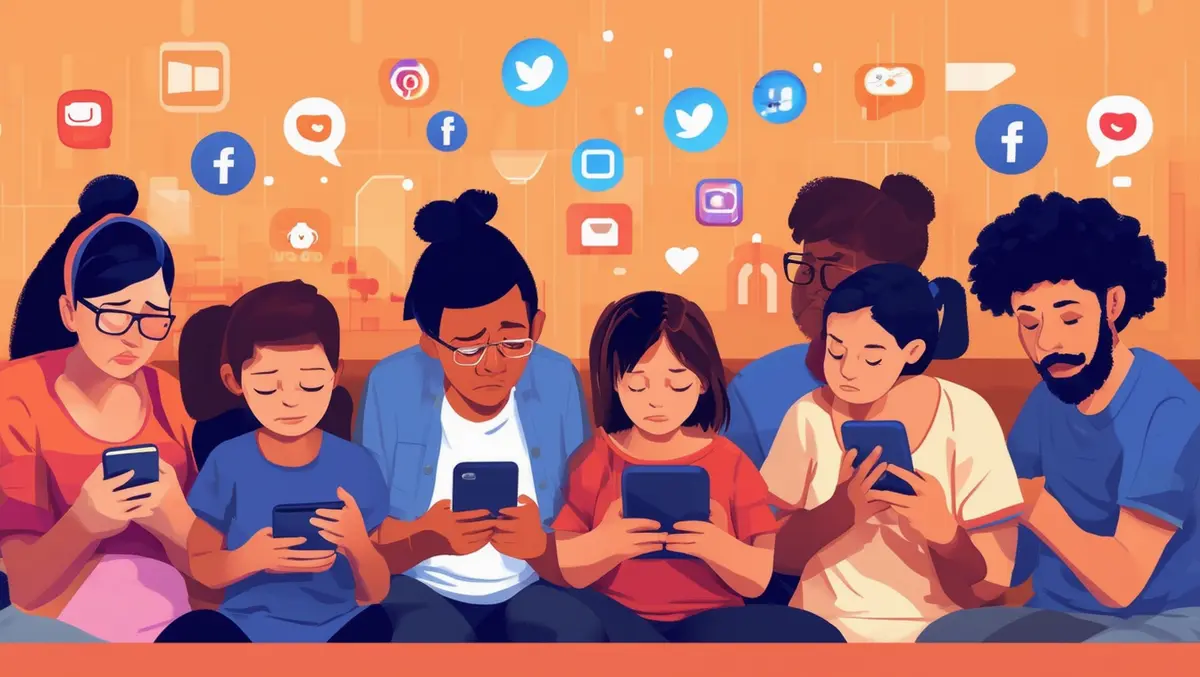
New study shows screen time concerns, Gen Z struggle to unplug
New research indicates a rising concern among both parents and young adults about the increasing amount of time spent on screens. A study conducted by consumer privacy company ExpressVPN, involving 4,000 participants across the United Kingdom, United States, France, and Germany, reveals that 86% of parents are apprehensive about their children's screen time. In response, nearly half (46%) of Generation Z individuals have taken steps to limit their digital activity.
Despite these efforts, 28% of Gen Z report difficulties in reducing screen time, acknowledging the challenge even though they recognise the need to do so. One of the primary factors driving this difficulty is the fear of missing out (FOMO). The survey found that 40% of Gen Z respondents are affected by FOMO, which keeps them tethered to their screens. Millennials also experience this pressure, with 34% acknowledging the same challenge. Additionally, 40% of Gen Z and 32% of Millennials identify a lack of motivation to disconnect as a significant issue.
The demands of the modern workplace further contribute to continuous digital attachment, with 27% of respondents indicating that work requirements make it challenging to reduce screen time. Despite these hurdles, there are positive signs, as 45% of Gen Z and 39% of Millennials are actively working towards reducing their screen time to enhance their well-being. The overwhelming influx of digital notifications and updates can lead to stress and anxiety, pushing many to seek a more balanced lifestyle by limiting these distractions.
Another driving factor for reducing screen time is enhancing productivity. The survey highlights that 43% of Gen Z and 38% of Millennials believe minimising digital interruptions helps them concentrate better and achieve more. The desire to spend quality time with family and friends is also a significant motivator. Specifically, 43% of Millennials, 36% of Gen Z, 38% of Gen X, and 36% of Baby Boomers indicate that reducing screen time allows them to connect more deeply with loved ones through face-to-face interactions.
Lauren Hendry Parsons, Privacy Advocate at ExpressVPN, remarked, "These findings highlight the complex relationship between digital habits and mental health across generations. The fact that so many young people feel trapped by their devices due to FOMO and work demands is concerning. While it's encouraging that a significant number are taking steps to reduce screen time for better well-being, it underscores the need for a broader conversation about digital balance."
Hendry Parsons further emphasised the importance of setting digital boundaries, particularly for young individuals whose brain patterns and lifelong habits are still developing. "All generations – especially younger people – need to be empowered to prioritise their mental health by setting boundaries in their digital lives. The constant connectivity that modern life demands shouldn't come at the cost of our mental well-being and productivity. Balancing screen time with real-life connections is key to fostering a healthier, more fulfilling lifestyle," she added.
.webp)

